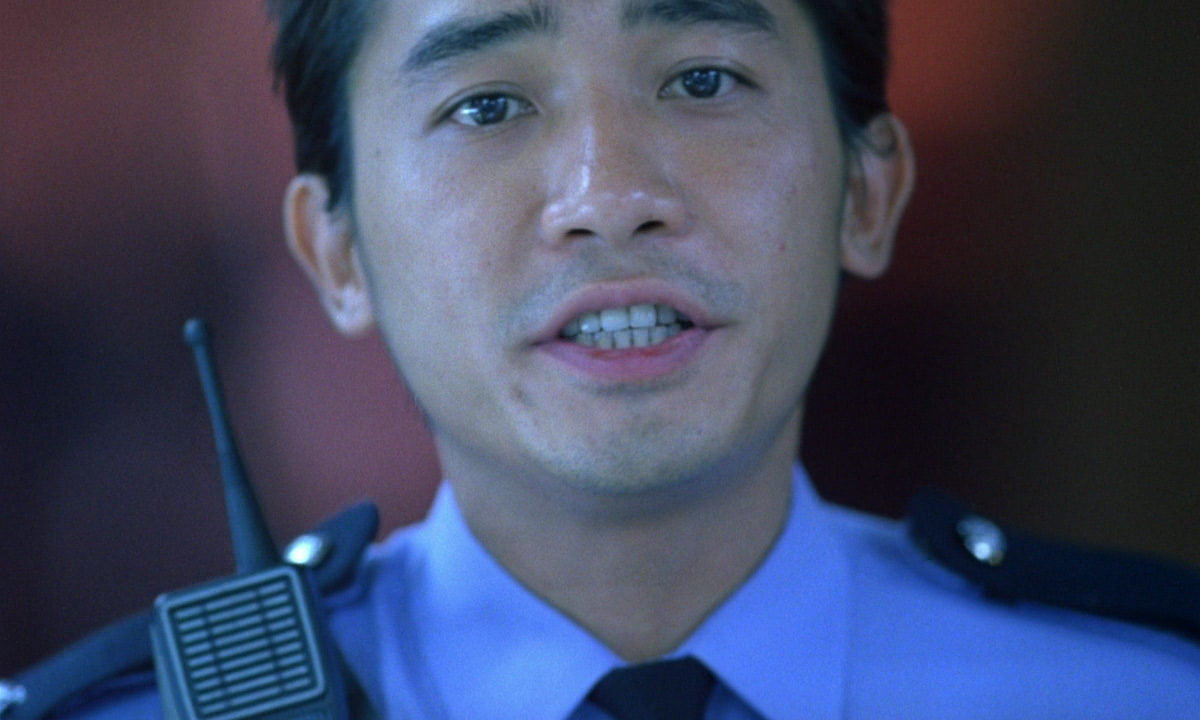

Both officers frequent the same locations (Chungking Mansions) and interact with the same characters whilst never crossing each other’s paths. The complex presentation of time in Chungking Express raises questions as to whether cinema as both a visual and a temporal medium is an effective remedy for the modern condition.Ĭhungking Express is split into two distinct yet overlapping stories: the first focuses on Cop 223 played by Takeshi Kaneshiro, and the second focuses on Cop 663 played by Tony Leung.

The frame rate is manipulated to the point of confusion, mimicking the characters own subjective experience of time, whilst voice-over narration gives significance to seemingly insignificant dates and numbers. Certain formal techniques, such as editing and voice-over narration, are employed in order to give this experience a distinctly cinematic. Chungking Express presents time as something inherently unique to each of its characters: a subjective experience of the dates and memories that constitute their narrative.

Life is captured in motion, and reality is transfixed into an interior notion. As in many of his later works namely, In the Mood for Love and 2046, Wong demonstrates an acute awareness of cinematic time and temporality - the here and now of the filmic apparatus. Considered by many to be Wong Kar-wai’s magnum opus, the film that best encapsulates his unique style and sensibility, Chungking Express is a charmingly profound work imbued with the cinematic wonder of a truly masterful auteur.


 0 kommentar(er)
0 kommentar(er)
